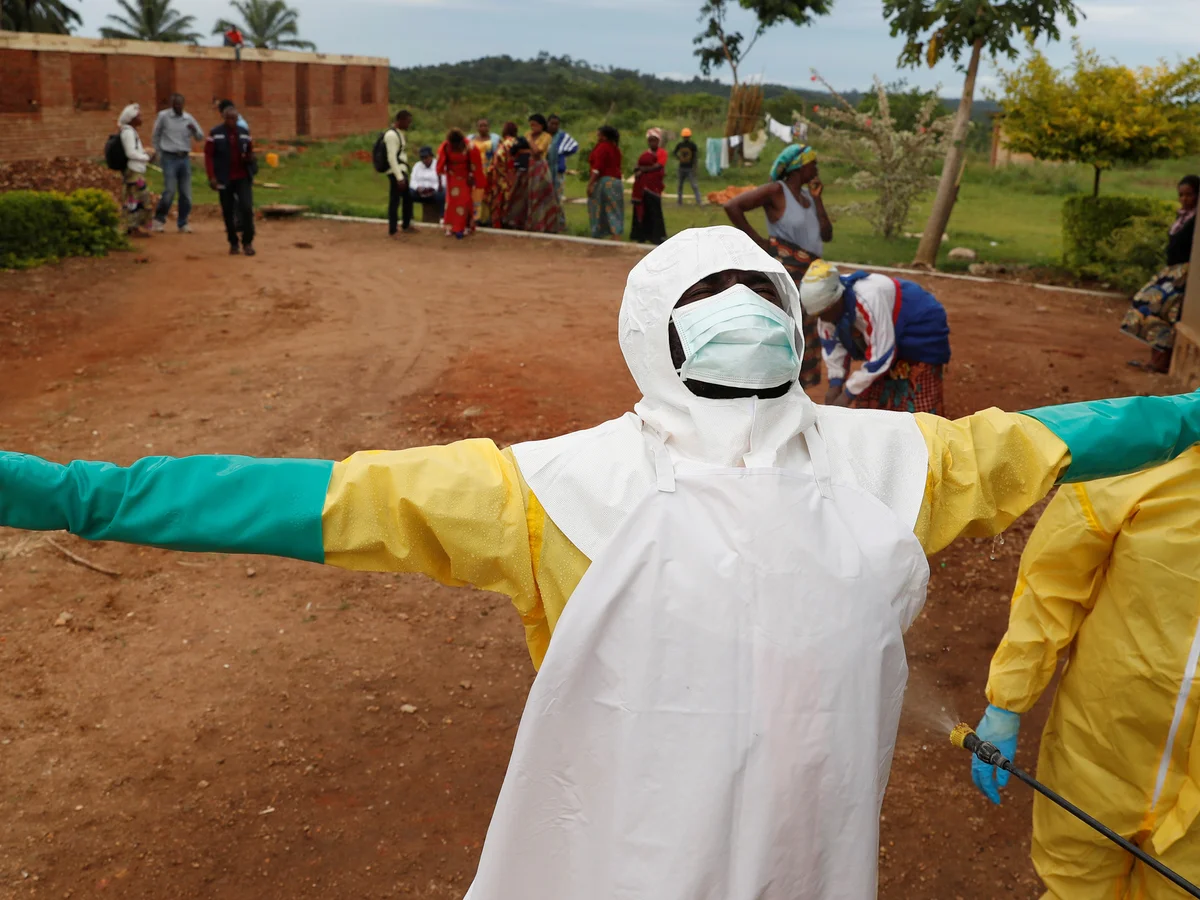
Doctors Without Borders (MSF) launched a vital workshop aimed at equipping journalists with tools to combat the growing threat of disinformation in conflict and humanitarian crisis contexts.
Dr. Ali Ouattara, chairman of MSF’s board, highlighted the severe consequences of misinformation, warning that it jeopardizes both the safety of humanitarian teams and access to vulnerable populations. “Disinformation is an important issue, but also very worrying for us humanitarians. It has a direct impact on our operations, on the safety of our teams, and on the communities we are trying to help,” he said during the opening of the training session.
The workshop gathered around twenty media professionals alongside experts in humanitarian communication. Its focus: enhancing the quality and accuracy of information in sensitive environments and fostering a shared understanding of the humanitarian mission.
Dr. Ouattara urged journalists to serve as “a bulwark against the erroneous narratives” that often spread unchecked on social media and in certain media outlets, calling for responsible reporting that supports humanitarian efforts rather than undermines them.
Founded in 1971 by doctors and journalists who witnessed the Biafran War, MSF has a longstanding tradition of advocating for freedom of speech and independent action. Dr. Ouattara reminded participants of this legacy: “MSF was founded to speak freely about crises, to carry the voice of affected populations, but also to act responsibly and independently.”
In recent months, MSF has been the target of damaging rumors across the region, including accusations of collusion with armed groups, espionage, organ trafficking, and discriminatory recruitment practices—claims the NGO categorically denies.
“These disinformation campaigns can have serious consequences: refusal of care by populations, withdrawal of teams from critical areas, or even suspension of emergency medical activities,” Dr. Ouattara stressed. “Our challenge today is to find practical solutions together to contain this phenomenon. Collaboration with journalists is essential.”
The training underlines the crucial role of media in safeguarding humanitarian access and promoting fact-based coverage amid growing misinformation in crisis-affected areas. “It is together that we must defend access to humanitarian aid, based on facts and not on rumors,” concluded the MSF president.



